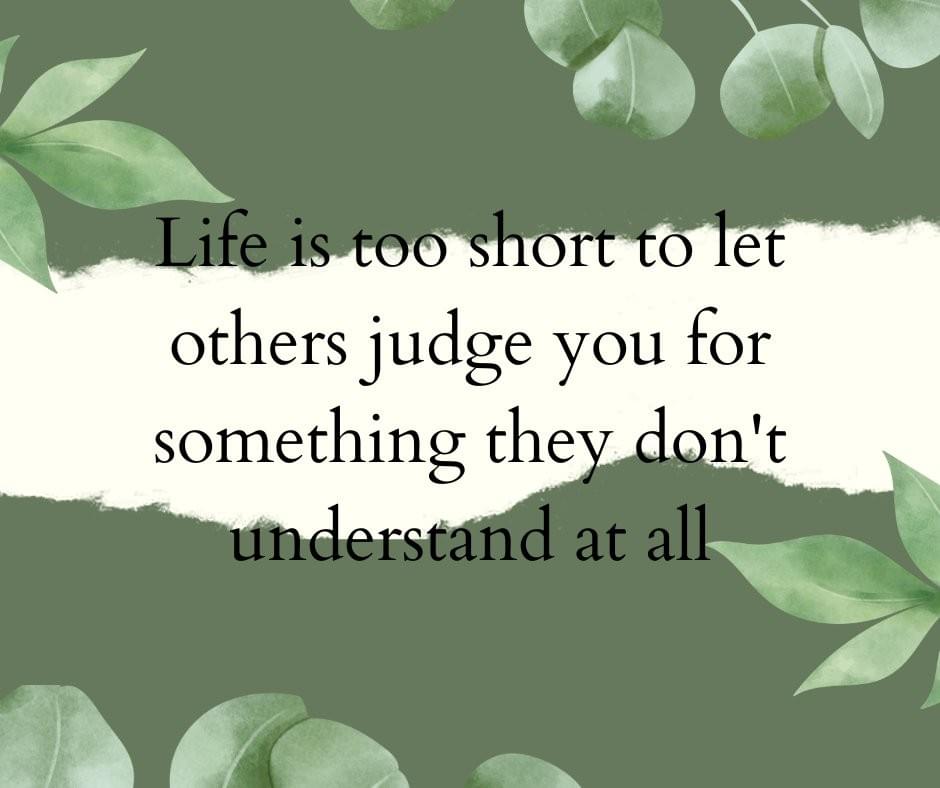
Learning to let things go and move on.
Living at a certain angle to the social universe gives an autistic person a unique view of the world. It’s not necessarily the right view or the better view, but it may well be a truer view in being formed without having much of a stake in the world observed.
Being somewhat detached from society brings endless scope for not merely for observation of the world but for amusement at the way it is. You could instead cry, of course. How seriously people take the events of their fleeting time on Earth?
One wanders through society as an anthropologist from another time and place.
That’s the good part. The bad part comes from having to make the attempt to join in and play the game, and by others’ rules, not yours. Cue a life lived at cross-purposes with others. There are the inevitable misunderstandings. You struggle to do things which seem to come easily to others. You struggle to understand ‘the way things are.’
‘Why don’t you do things the same way others do them?’
The answer is simple: you are not others. But it doesn’t stop those others from forever asking that question, and judging you deficient in some way for doing things differently.
This is a source of a seemingly endless frustration and pain. You remember every slight, each and every one of which comes to burrow deep into your psyche. You replay every miss-step, every mistake, and, most of all, every incongruity in the exchanges with others over and over in your head as if trying to go back in time and re-run the events that have unfolded. It serves a certain therapeutic function, resolving outstanding issues in the mind, if not in fact. It’s more an easing of the pain than a healing that results, though. And memory of the slights continue to sting and burn.
How do I deal with it?
Having spent decades replaying every wretched exchange, every incident in which there was a breakdown in communication, every insult, every reproach, I learned to become more abrasive, more reassured, more resilient and much less sensitive to the opinions of others – ‘what do they know?’ I repeat. People get you wrong. It’s unfair, it’s annoying, it’s profoundly upsetting. But there it is. They don’t know and, what is more, most of them don’t care. One thing is certain – those others will not be spending hours and hours worrying an exchange earlier in the day, week, month, year, decade … to death as you are inclined to do. Should I recall any of the many exchanges with others that have caused me great distress over the years to any of the other protagonists, I will lay odds most of them will struggle to recall them. Whilst you have been wasting time righting wrongs and correcting slights in your head, others have got on with living their lives.
You need to learn from hard experience here. The pain may be real and in need of soothing. But there is nothing to be gained from forever mulling the injustices of others’ views over in your head – the pain and misery will take up residence in your head, long after the event has ceased to be remembered by anyone else.
Train yourself to recognise these collisions with uncomprehending, uncaring others immediately, see them for what they are, and pay them no further thought. People get things wrong. People get you wrong. ‘What do they know?’
Move on.
I should, in giving this advice, confess to being someone who tends to nurture a grudge. That being so, I know the time and energy that can be wasted to no great constructive purpose. It is merely to compound the error. There really are better things to be doing with your time and talent.

